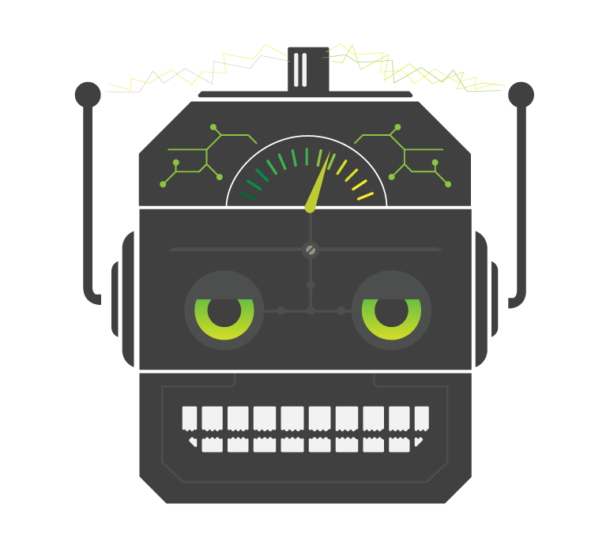
DPL Reading List – March 22, 2019
An Exclusive Look at an Original iPhone Prototype – “At first glance, the red iPhone M68 prototype board looks like a motherboard you’d find inside a PC from more than 10 years ago. It’s roughly the same size, but the components are a little different. Apple developed this particular board, an engineering validation test (EVT) sample, for engineers working primarily on the software and radio portions of the original iPhone.”
Racing Against China, U.S. Reveals Details of $500 Million Supercomputer – “The supercomputer, called Aurora, is a retooling of a development effort first announced in 2015 and is scheduled to be delivered to the Argonne National Laboratory near Chicago in 2021. Lab officials predict it will be the first American machine to reach a milestone called “exascale” performance, surpassing a quintillion calculations per second.”
Stop Letting Push Notifications Ruin Your Productivity – “What we call multitasking is, in actuality, task switching, because it’s just not true that we can pay attention to two things simultaneously. After a notification has forced us to switch between tasks, it can take us about 23 minutes to get back to the task at hand, according to a study from University of California, Irvine. When you consider that the average executive touches their phone 2,617 times a day, checks emails 74 times a day and receives 46 smartphone notifications a day, it’s likely that most executives never spend any time in flow at all.”
6 Crazy Details from Alphabet’s Leaked Plans for Its First Smart City – “There are still many details to be ironed out, and it all requires approval. But if Sidewalk Labs does get the green light, it estimates that the mini-city you see here could be constructed within five or six years.”
Google, Microsoft work together for a year to figure out new type of Windows flaw – “Google researcher James Forshaw first grasped that there might be a problem a couple of years ago when he was investigating the exploitability of another Windows issue published three years ago. In so doing, he discovered the complicated way in which Windows performs permissions checks when opening files or other secured objects. A closer look at the involved parts showed that there were all the basic elements to create a significant elevation of privilege attack, enabling any user program to open any file on the system, regardless of whether the user should have permission to do so.”
Untold History of AI: Charles Babbage and the Turk – “Babbage’s encounter with the Turk at the very beginning of computing’s history serves as a reminder that hype and innovation sometimes go hand in hand. Yet it also teaches another lesson: The intelligence attributed to machines almost always relies on rendering human skill invisible.”
Why finding a hobby you love could save your career – “We’re losing the art of hobbies, one of the greatest ways to spend leisure time. This loss may be behind an increase in burnout, and a decrease in creative talent, unlike our industries have ever seen before.”



